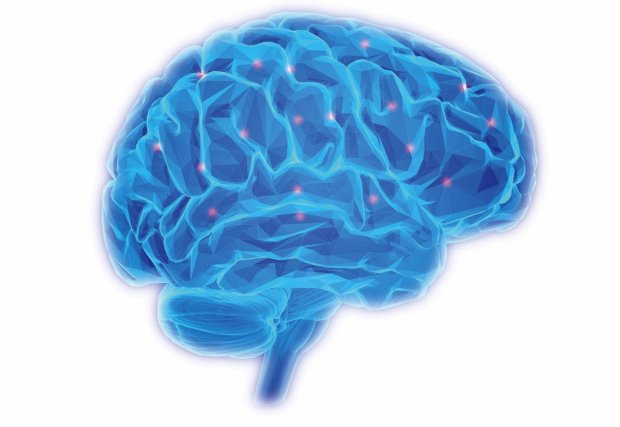A stroke is called a “brain attack” because of its similarity to a heart attack. With stroke, the flow of oxygen-rich blood to a portion of the brain, rather than the heart, is blocked. Without oxygen, brain cells can die in a matter of minutes. Prompt medical treatment can reduce damage to the brain and help avoid long-lasting disabilities.
Stroke can occur in those who have no known risk factors, however that's not tupical. To help prevent a stroke from happening, know your risk factors and take steps to control them.
Lowering risk factors can prevent or delay stroke.*
Certain habits and traits can increase your risk of having a stroke. Some can be controlled, while some cannot be. Practicing a healthy lifestyle – eating healthy foods, exercising and not smoking – is an excellent start. The following are other risk factors to consider:
- High blood pressure. This is the main risk factor for stroke. Blood pressure is considered high if it stays at 140/90 mmHg over time.
- Age and gender. Your risk for stroke increases as you age. Women are at higher risk for stroke: Each year 55,000 more women have a stroke than men.**
- Race and family history. African American, Alaska native and American Indian adults have strokes more often, and a family history of stroke is a risk factor.
- Heart diseases. Blood clots associated with coronary heart disease, heart failure and atrial brillation can lead to stroke.
- Diabetes. Diabetic patients have at least twice the risk for stroke; it is one of the leading causes of death in this population.***
Talk to your doctor
Your primary care doctor can help with ways to lower your blood pressure, or make changes to prevent heart disease and diabetes. Some people may need to take medication to help reduce their risk of stroke. Make an appointment with your doctor so you can assess what preventive steps you may need to take.
*American Stroke Association®
**National Stroke Association®
***Stroke Res Treat. 2012; 2012: 673187. Published online 2012 Dec 27. Diabetes and Stroke Prevention: A Review.

